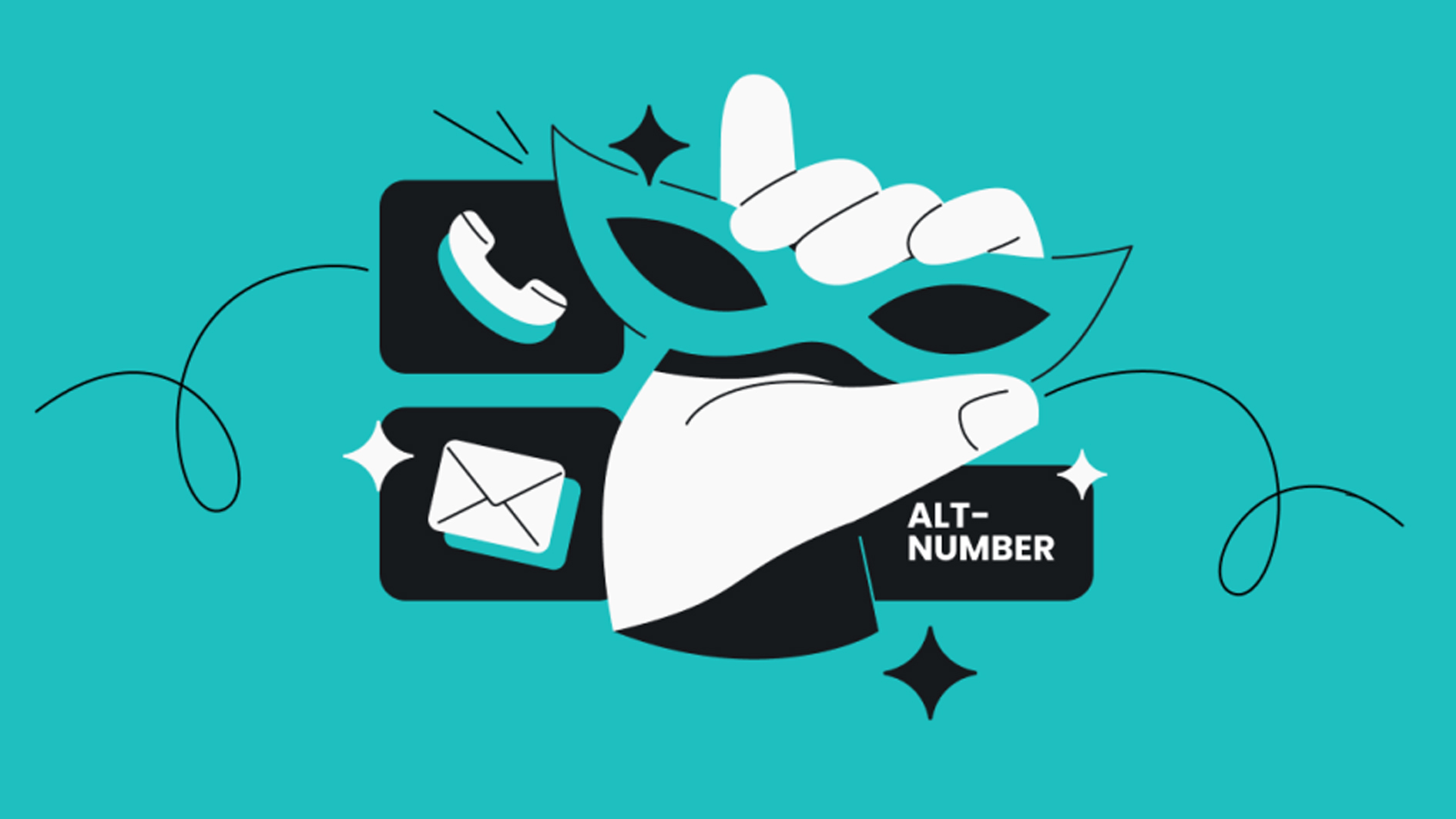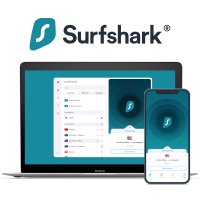What is smishing? One ingenious way to avoid it
Don't be fooled by this cell phone scam

Here at Tom's Guide, we're always extolling the benefits of using one of the best VPNs. As well as being a great privacy tool, many also come with anti-phishing measures to prevent you from surrendering your private details to suspect emails or fraudulent websites.
But what they can't help with are offline scams. We obviously trust you not to sign up for a pyramid scheme or buy any snake oil, but something much easier to fall for are so-called "smishing" attacks. Well, we say that there's nothing a VPN can do, that is, except for one specific provider.
What is smishing?
Smishing refers to SMS phishing, basically spam text messages designed to get you to give up your personal data, or click on a link and compromise your phone.
What makes things tricky is that often they'll pose as legitimate sources such as your bank, delivery services or even the government. Not the usual sources of spam. To make things even more convincing, they'll often include an element of urgency too such as a deadline or delivery date.
According to Trevor Cooke, Privacy Expert at EarthWeb, smishing is particularly effective because of "its ability to bypass traditional email security measures" like spam filters and antivirus tools.
How can I avoid smishing?
According to Trevor, the best way to stop yourself from becoming a victim of smishing is to "Never click on links in unsolicited text messages, even if they appear to be from a trusted source. Instead, contact the organisation directly using their official website or phone number."
Of course, another way is to avoid smishing messages even arriving on your device. But how do you stop scammers from getting their hands on your cell phone number? This can be tricky, but using a leading VPN on your phone and avoiding suspicious public Wi-Fi networks can definitely help. Unfortunately, that won't stop your number from being compromised by other sources – that's where Surshark comes in.
Sign up to get the BEST of Tom's Guide direct to your inbox.
Get instant access to breaking news, the hottest reviews, great deals and helpful tips.

This VPN offers a service called Alternative ID where when entering your details to make an account for something online, you can randomly generate a profile, complete with a fake email address. This is great for emails, but the new Alternative number add-on can deal with smishing too.
Alternative Number generates a new number (currently US only) that you can sign up for services with but remains separate from your actual phone number. It can receive and reply to texts and even calls (but can't make the first move) which you can access via the Surfshark app. This is fantastic for making accounts on platforms you don't trust, or that you think will be the target of cyber attacks.
Surfshark: a secure VPN with Alternative ID
If you're worried about smishing then a Surfshark subscription with the Alternative Number add-on is your best bet. You can generate a fake phone number to give to sites you don't trust with your data. Subscriptions start at $2.19 per month with Alternative Number on top of that.
Andy is a freelance writer with a passion for streaming and VPNs. Based in the U.K., he originally cut his teeth at Tom's Guide as a Trainee Writer before moving to cover all things tech and streaming at T3. Outside of work, his passions are movies, football (soccer) and Formula 1. He is also something of an amateur screenwriter having studied creative writing at university.

